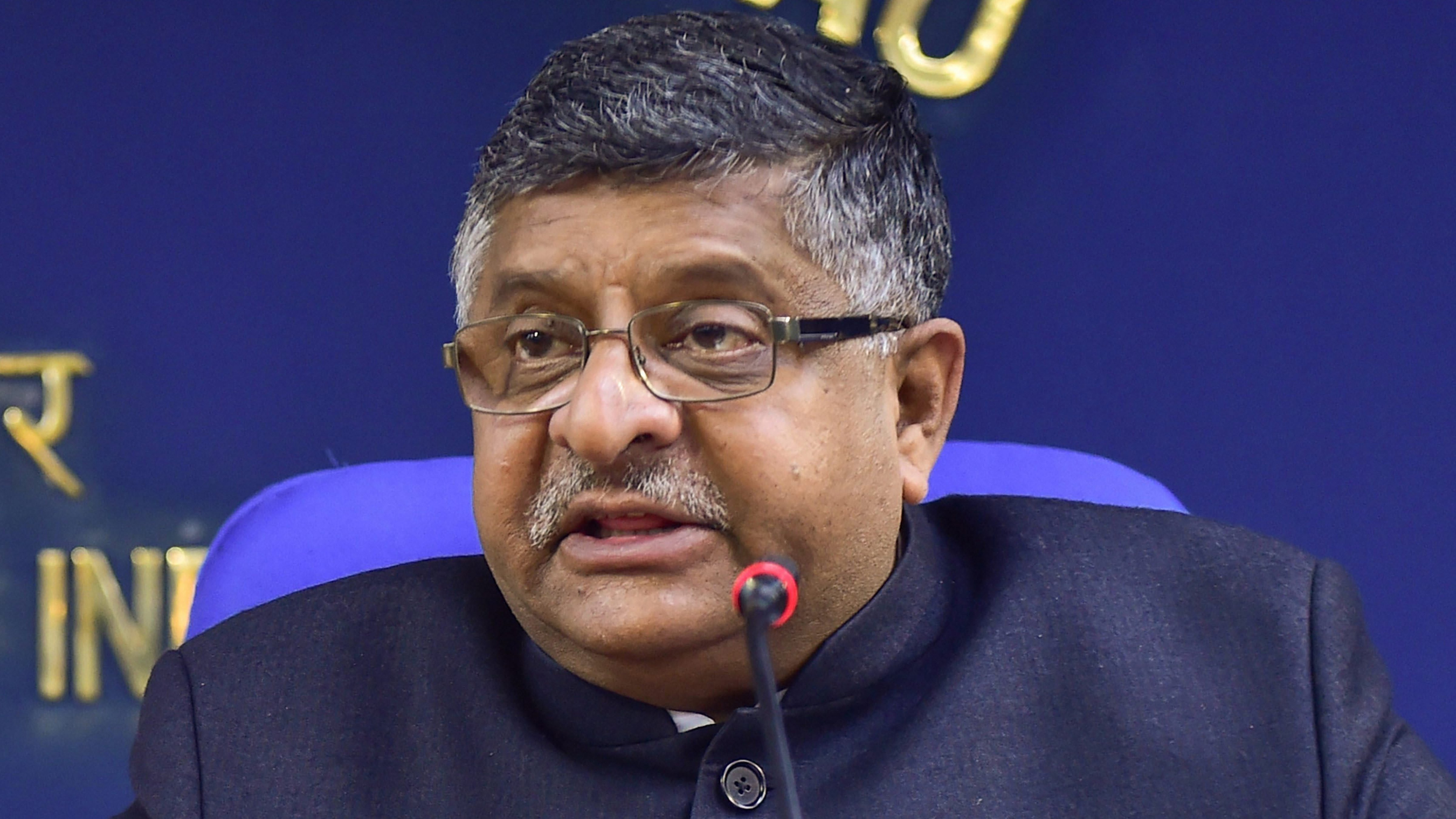Information technology minister Ravi Shankar Prasad on Thursday sidestepped direct and specific questions on whether the government or any government agency had bought the Israeli spyware Pegasus used in the WhatsApp privacy breach.
Instead, the minister referred to the standard operating procedures (SOPs) for surveillance.
“There are SOPs…. Whenever the government security agencies — which are authorised — if they have to do anything for the safety and security of India, they do so only as per SOPs…. For national security, we should do this. We all talk about our rights, including the right to free speech and privacy. But who dies for the nation? Security personnel.
“We should think of them too. We need to strike a balance between the demands of security and the right to privacy,” Prasad said when Opposition MPs sought to pin him down to a single question on whether the government ordered the use of the Pegasus spyware.
He was responding to a calling attention motion in the Rajya Sabha on the reported use of Pegasus to compromise phone data of some persons through WhatsApp.
Across party lines, several members of the Opposition had just this one pointed question: Did the government or any of its agencies buy Pegasus as NSO — the Israeli company which owns it — is on record stating that it sells this spyware only to government agencies?
The Congress’s Digvijaya Singh, who had submitted the calling attention notice, painted three scenarios: the government legally ordered the snooping, did so illegally or someone snooped without the government’s knowledge.
Worse, he asked, could it be that NSO installed the spyware without the government’s knowledge? This, he added, would be a big security breach. The MP also wanted to know why the government, which usually talks big on national security, was not taking this case seriously in the age of cyber warfare.
Apart from listing the steps taken by the government since the Pegasus snooping case became public after WhatsApp took NSO to court in the US, the minister — taking the cue from BJP MP Bhupender Yadav’s intervention — wanted to know why those who have said they were snooped upon were all those who have a different view of the Prime Minister.
“No complaint is made in the IT ministry till date by anyone. But suddenly we find that the names come in the media and thereafter it becomes a political issue and yes, Bhupenderji is absolutely right, a majority of them are those who have a different political agenda. That is their right, but how is it that only their names have come out…? If it is a coincidence, it is too much of a coincidence.”
Earlier, the DMK’s P. Wilson had referred to the minister’s written reply listing the steps taken by the government and denying that the issue had come up at his meetings with the top brass of WhatsApp and Facebook over the past couple of months.
“Your statement is very vague. It does not say that your government agencies have not purchased this. Therefore, I want your reply on this,” Wilson said.
The RJD’s Manoj Jha dwelt on the climate of fear prevalent in the country, pointing out that many of his colleagues, even from the BJP and the treasury benches, prefer to use messaging apps like Telegram, Signal or WhatsApp to talk to him.
“This tells you the story as to where we are heading,” he said, airing a widely held perception that the encryption on these platforms is not as easy to intercept as the conventional telephone call.
On Pegasus, he pointed out, the biggest fear is that it not only goes for interception and decryption, but can also create and plant.
He warned: “It exposes all of us. All of us are vulnerable.”
Last month, WhatsApp had confirmed that Pegasus was used to spy on Indian journalists, politicians, academics and activists. Prasad put the number of such cases in India at 121. The world over, 1,400 WhatsApp users were targeted with this spyware.










